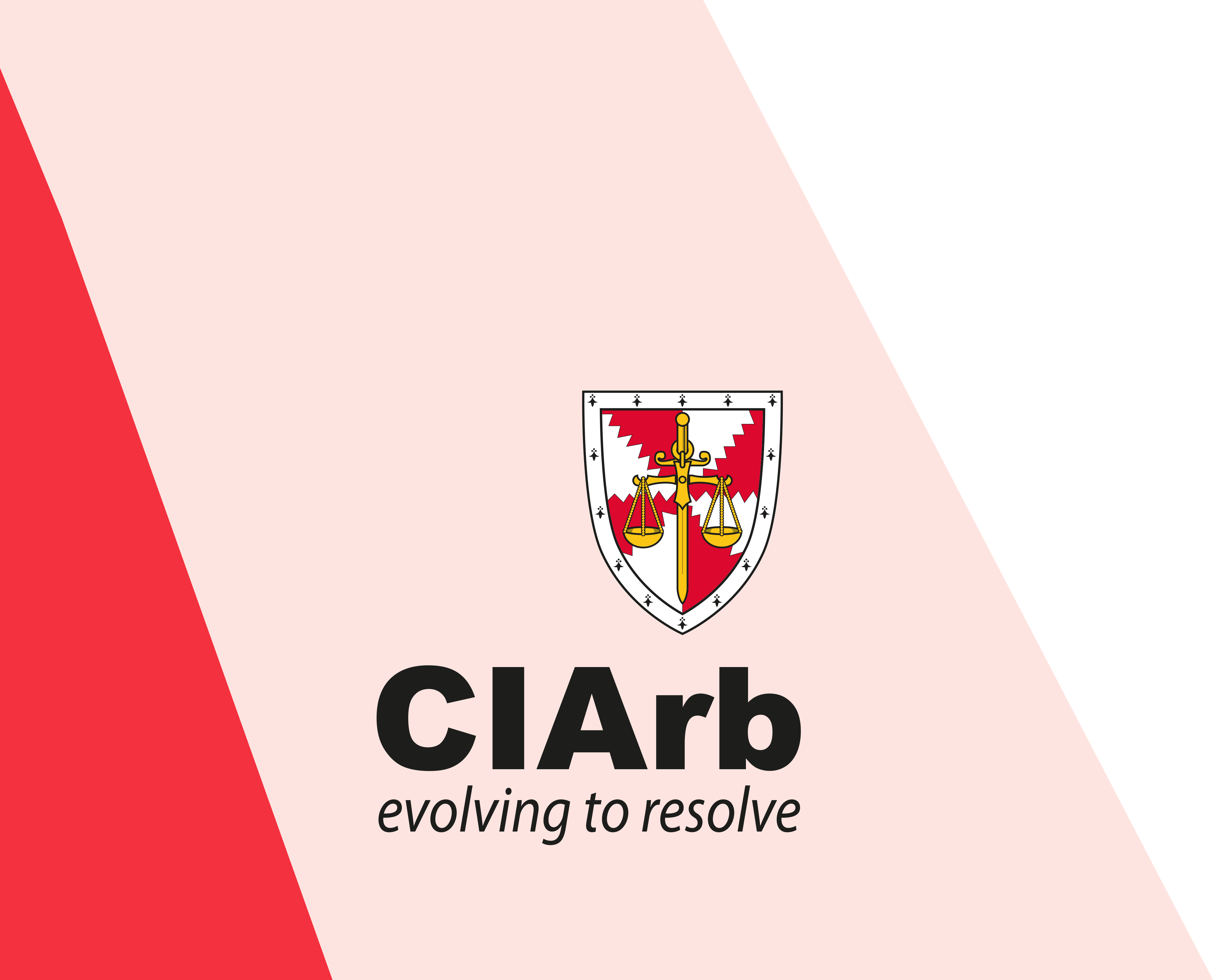The past decade has seen the Business Recovery & Insolvency Practitioners Association of Nigeria (BRIPAN) champion the growth of insolvency and business rescue practice in Nigeria through training, advocacy and law reform.1 This commitment resulted in the drafting of a modern, business rescue and cross-border insolvency friendly Insolvency Bill for resolution of both personal and corporate insolvency.
The draft was adopted by the Federal Ministry of Trade and Industry as an Executive Bill under the President Jonathan administration following stakeholders’ consultation sponsored by UK Department for International Development (DFID).
However, the project was put in abeyance due to political change with advent of the President Buhari administration in 2015 and dissolution of the National Assembly. Under the current administration, the new session of the National Assembly saw a private members Bill to reform only the Bankruptcy Act, 1979 with the Bankruptcy and Insolvency Bill which is yet to be passed into law. The Bankruptcy and Insolvency Bill (“BIB”) was proposed to repeal the Bankruptcy Act of 1979 (“BA”). It seeks to make provision for individual insolvency, some aspects of corporate insolvency, rehabilitation of the insolvent debtor, creation of the office of supervisor of insolvency, cross-border insolvency recognition and enforcement as well as other connected matters.2
While the now abandoned BIB was undergoing enactment, the Corporate Affairs Commission (CAC) proposed a Bill for amendment of the Companies and Allied Matters Act, CAMA. The new CAMA Bill incorporated some aspects of insolvency such as administration, registration of insolvency practitioners including the recognition of BRIPAN as a certifying professional body. However, although the new CAMA Bill has gone through Senate approval, it has also not received presidential assent.
This update discusses the current effort at law reform in this vital area of insolvency and the challenges faced in Nigeria. It considers the significance of Nigeria as a volcano from which regional African businesses erupt as well as its demand pull as Africa’s largest population centre and producer of crude oil attracting multinational enterprises seeking to do business there. Inevitably, differences in expectations can result in insolvency with likely cross-border impact.
The update concludes that the challenges of law reform in Nigeria are not peculiar and submits that only consistent engagement at the highest levels by the committed enthusiasts in both the private and public sectors would deliver the required outcome.
Read full Publication













